Does my IRA LLC Have to File Taxes?
Self-directed IRA LLC investors should be aware of the following IRA tax reporting responsibilities. Some of these items are completed by your Custodian and others are the IRA owner’s sole responsibility. Here is a quick summary of what should be reported to the IRS each year for your self-directed IRA LLC.
| IRS Form | Purpose | What it Reports |
| 5498 | Filed with the IRS by your custodian. No taxes are due or paid as a result of filing form 5498. | IRA contributions, Roth conversions, the account’s fair market value as of 12/31 each year and required minimum distributions taken. |
| 1099-R | Filed with the IRS by your custodian to report any distributions or Roth conversions. The amounts distributed or converted are generally subject to tax and are claimed on your personal tax return. | IRA distributions for the year, Roth IRA conversions, and transfers or rollovers that are not direct IRA trustee-to-IRA trustee. |
| IRS Form | Purpose |
|
If your self-directed IRA owns 100% of an LLC, it is disregarded for tax purposes and the IRA LLC does not need to file a tax return. Partnerships file an information return to report their income, gains, losses, deductions, credits, etc. If your self-directed IRA is a partial owner in an LLC, LP or other partnership, said partnership should file a 1065 tax return for the company with the IRS and should issue a Schedule K-1 to your self-directed IRA for its share of income or loss. Make sure the accountant preparing the company tax return uses your Custodian’s tax ID number for your self-directed IRA K-1 and not your personal social security number (or your self-directed IRA tax ID number if it has one for UBIT 990-T tax return purposes). |
|
| 990-T (UBIT) |
If your self-directed IRA incurs Unrelated Business Income Tax (UBIT), then it is required to file a tax return. The self-directed IRA files a tax return and any taxes due are paid from the self-directed IRA. Most self- directed IRAs do not need to file a 990-T, but you may be required to file if your self-directed IRA obtained a non-recourse loan to buy a property (UDFI tax), or if your self-directed IRA participates in non-passive real estate investments like: Construction, Development, On-going short-term “flips” You may also have UBIT if your self-directed IRA has received income from an active trade or business such as a being a partner in an LLC that sells goods and services (C-Corp dividends exempt). Rental real estate income (no debt leverage), interest income, capital gain income, and dividend income are exempt from the UBIT tax. |
